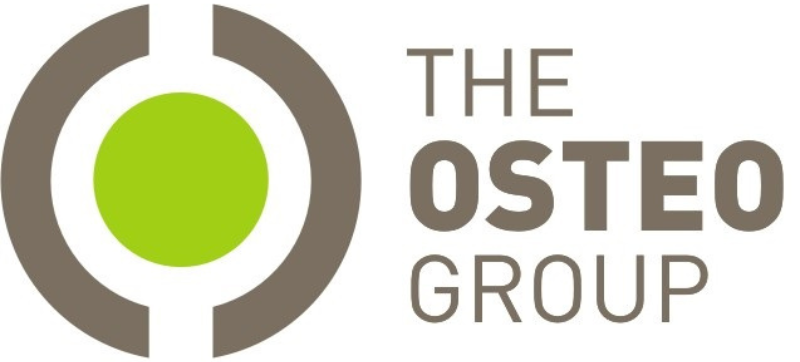
FAQ
Osteopathic treatment uses techniques such as stretching and massage for general treatment of the soft tissues (muscles, tendons and ligaments) along with mobilisation and/or manipulation of specific joints and soft tissues.
Some of our practitioners have also had further training in dry needling and taping
Most private health funds recognise osteopathy and will reimburse all or part of the cost involved if it is included in your cover.
As each health cover varies please check with your provider if you’re unsure.
Our clinic has HICAPS facilities, enabling you to claim directly at the time of your appointment – meaning you only pay the gap fee.
Osteopaths are primary healthcare practitioners so no referral is necessary.
Here at The Osteo Group we are bound by State and Federal laws to protect your privacy; it is the policy of this practice to follow these procedures:
• Information about your medical and family history is needed to provide accurate diagnosis and appropriate treatment. We will only seek information from you that is relevant to your health, our treatment of you and the administration of this practice.
• All information about you is stored securely in a number of formats: hard copy, electronic copy, film etc. and we are required to keep your information for a minimum of seven (7) years after your last visit to us.
• We will not disclose your information to any third party without your permission, unless required by law (e.g. subpoena or other mandatory reporting requirements). Parts of your information may be used for the purpose of research, in study groups or at seminars but your identity will not be disclosed without your permission.
• You have the right to access the information about you that we hold in our files. You can ask us to make your information available to another health service provider. You may inspect or request a copy of our records of your treatment at any time. Statutory fees will apply in relation to the types of access you seek.
• If any of the information we hold about you is inaccurate, you may ask us to amend our records accordingly.
During your first consultation your osteopath will ask about your problem and symptoms. This will include your medical history, any medications you are taking or other factors that may not appear to be directly related to your problem.
You should bring with you any x-rays, scans, test results and/or medical history you have.
Your osteopath will advise you if they can treat you or you need to be referred.
Your osteopath will conduct an examination and clinical tests. These include diagnostic, orthopedic or neurological tests, postural assessments and activities or exercises, which will help determine how best to manage your condition.
Your osteopath may look at the area that is troubling you as well as other parts of your body. For example, if you have a sore knee, your osteopath may also look at your ankle, pelvis and back.
Your osteopath may also provide education and advice to help you manage your condition between treatments. This may include giving you exercises to do at home or work.
This depends on your condition. Generally, you would expect to see some changes in your symptoms after one or two visits. Long term or chronic conditions may require more treatment and follow-up appointments. Your osteopath will discuss this with you.
Your initial consultation will be between 45-60 minutes. This will enable your osteopath to take a thorough history, examine you and, depending upon your condition, treat you.
Follow-up treatments are usually shorter. We try hard to stick to appointment schedules but your osteopath will usually take just as long as is needed to diagnose and treat your condition.
Some people experience mild soreness for a day or two after treatment, similar to that felt after mild exercise. If this soreness persists or increases significantly, call your osteopath to discuss your concerns.
Parking at the clinic is limited and available to patients but there is also parking available on Banyule Road. It is important to read the parking restriction signs carefully as parking on the street is timed.
